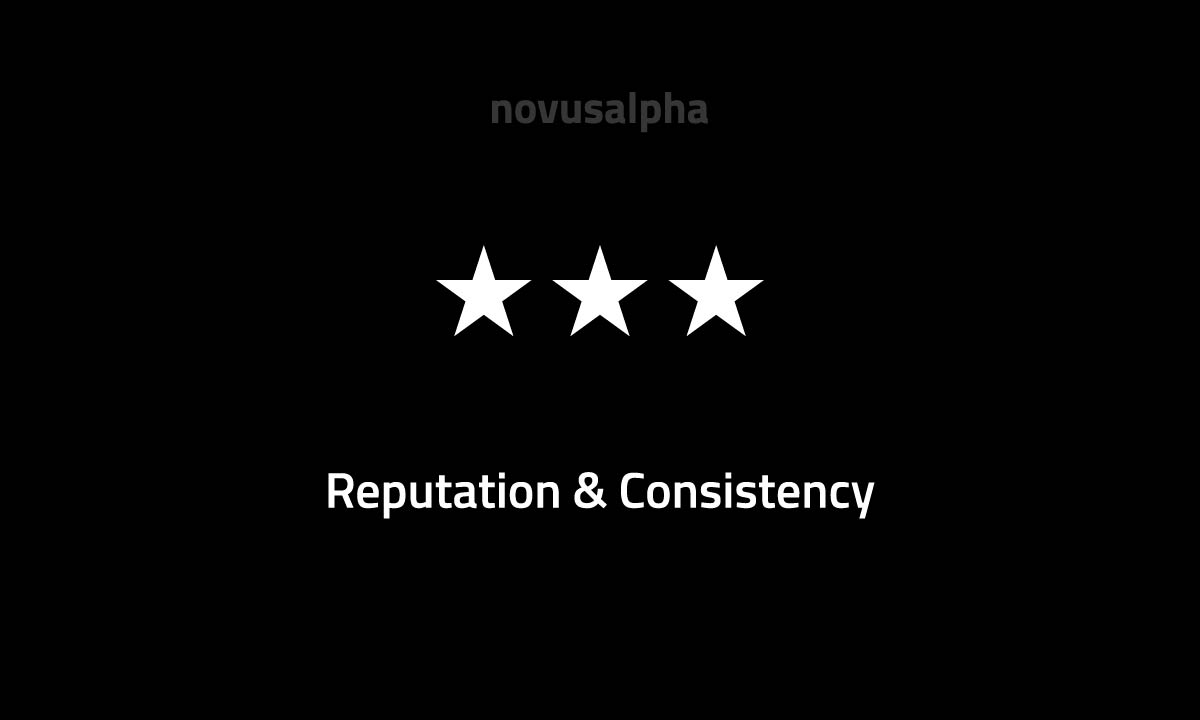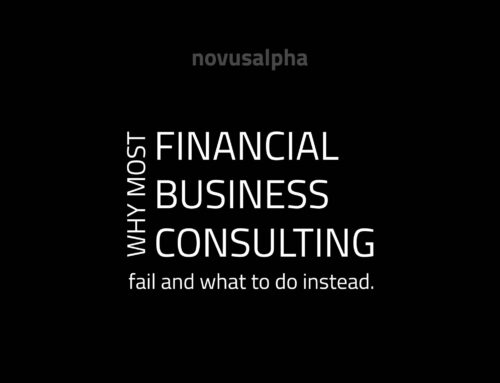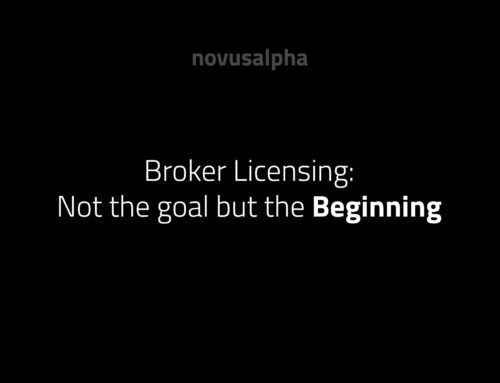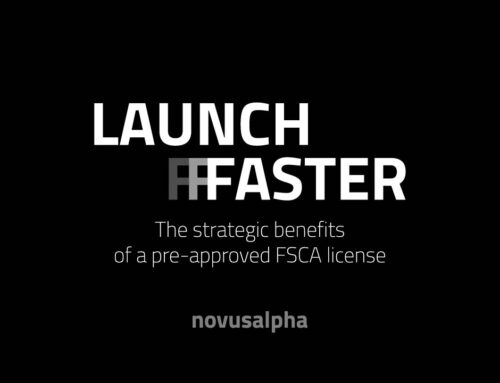If you’ve been in the industry long enough then you know trust isn’t just a buzzword in finance – it’s the foundation of every successful business relationship.
Unlike other industries, where flashy marketing and bold claims can generate short-term wins, our industry operates in a space where trust determines everything.
Clients aren’t just purchasing your product or service; they’re placing their money, security, and future in your hands. Whether you’re a brokerage firm, investment advisor, or fintech startup, your credibility directly impacts your client acquisition, retention, and long-term growth.
But in such a highly competitive industry where suspicion runs high, how do you earn and maintain your clients’ trust?
No Fine Print, No Surprises
Uncertainty breeds doubt and that’s that.
Your clients expect clarity – on fees, risks, and returns. The more upfront and transparent your business is, the stronger its credibility becomes. Many financial institutions damage their reputation by burying hidden fees in fine print, using overly complicated wording, or overpromising results. These tactics might generate short-term gains, but they ultimately lead to client frustration, regulatory scrutiny, and reputational damage.
A business that leads with honesty, clearly outlines pricing structures, and openly communicates risks will always have a competitive edge. Whether through well-structured legal documents, simplified terms, or a clear client onboarding process, transparency creates peace of mind.
Your clients want to know that they are making informed decisions, not being led into commitments they don’t fully understand.
Regulatory Compliance; A Trust Signal
Regulations are there for a reason: to protect your clients, maintain ethical business practices, and prevent fraud.
Organizations that prioritize regulatory compliance not only avoid legal trouble but they also build trust with investors and clients.
Choosing the right jurisdiction plays a key role in this. Why, you ask?
Companies that opt for well-regulated licensing in places like the EU, South Africa, or Mauritius gain market access while reinforcing their credibility. The ability to display recognized certifications and licenses reassures clients that they are working with a legitimate, accountable business.
Security & Risk Management
Only one thing can destroy trust faster than security breaches, fraud, or operational failures. That one thing – you are correct – is cybersecurity.
A single cybersecurity incident can cost millions – not just in monetary losses, but in reputational damage that may take years to repair. Trust, once broken, is difficult to rebuild.
Businesses that proactively invest in security measures demonstrate to their clients that they take financial protection seriously. AI-driven fraud detection, multi-layered encryption, and secure transaction protocols should be standard, not optional.
Risk management isn’t just about cybersecurity though. It extends to how corporations handle market fluctuations, economic downturns, and regulatory changes. Those with strong back-up plans, crisis communication strategies, and robust operational structures inspire confidence, ensuring that clients stay loyal even in times of uncertainty. Are you one of them?

One thing is for certain, trust isn’t built overnight.
Credibility is the result of years of consistent, ethical, and results-driven practices. Brands that succeed in the long run are those that prioritize reputation management, ensuring that every touchpoint with a client reinforces trust.
Businesses that deliver on their promises are the ones that clients recommend and return to. In today’s digital age, reputation is more visible than ever. Client testimonials, online reviews, media coverage, and social proof all influence trust and credibility.
Trust Through Knowledge
One of the most overlooked yet powerful ways to establish trust is through education.
Our industry is filled with complexities, and your clients appreciate brands that simplify and clarify information for them rather than overwhelm them with not-so-clear dictionaries. Companies that take the time to educate their audience – not just sell to them – position themselves as experts and industry leaders.
From insightful blog articles and market analysis to webinars and thought leadership reports, financial brands can build authority by sharing valuable knowledge. This not only helps attract informed clients but also deepens engagement and long-term trust.
When clients see a brand as a source of reliable information, they are far more likely to view it as a trustworthy partner rather than just a service provider.
Trust Isn’t Given. It’s Earned – and Built Strategically
If you made it thus far then you know trust is not a byproduct of flashy branding or clever messaging. It’s the result of thoughtful choices: transparency in how you communicate, precision in how you operate, and integrity in how you serve.
Trust starts with honesty – no fine print, no surprises. It grows through regulatory alignment and operational resilience. And it solidifies when clients see that your company not only protects their investments but educates them, supports them, and evolves with their needs.
At novusalpha, we help your business build this foundation. From selecting the right license in the right jurisdiction, to navigating compliance frameworks and building growth strategies rooted in client-first thinking, we understand what it takes to earn trust – and keep it.
Because in this industry, trust isn’t just your best asset. It’s your only one.





